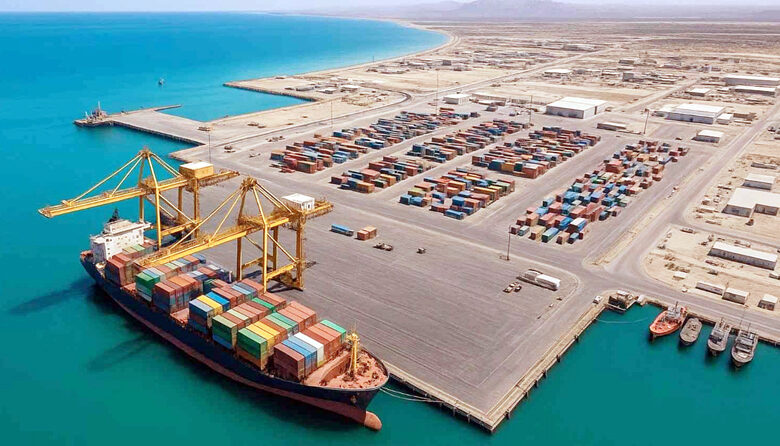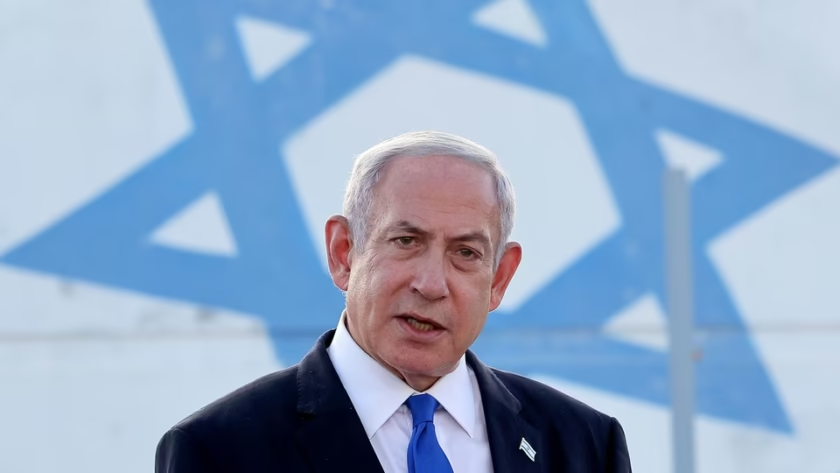Delhi: The US decision to revoke the sanctions waiver for Iran’s Chabahar Port could prove a significant economic and strategic setback for India. New Delhi has already invested about USD 85 million (₹749 crore) in developing the port, with an additional USD 120 million (₹1,057 crore) in the pipeline. Strategically, Chabahar has long been viewed as India’s answer to China’s Belt and Road Initiative, providing direct access to Europe, Russia, Afghanistan, and West Asia.
The move comes despite President Donald Trump’s recent warm words about his “closeness” with Prime Minister Narendra Modi and his claims of India being America’s “strongest partner.” Yet, almost simultaneously, Washington has pulled the plug on a 2018 waiver that allowed Indian companies to operate at Chabahar without falling under the ambit of US sanctions. With that protection gone, Indian operators now face direct exposure to American penalties.
For India, Chabahar is not just another port project. It offers a crucial route to Afghanistan and Central Asia, bypassing Pakistan. In 2018, through India Ports Global Ltd, New Delhi took over the operations of the Shahid Beheshti terminal, making it a linchpin of its regional connectivity strategy. Located on the Gulf of Oman, the port has facilitated both commercial cargo and humanitarian supplies to Afghanistan.
Analysts say ending the waiver will complicate every aspect of India’s involvement—equipment procurement, financing, shipping, and even planned rail projects linking Chabahar to Iran’s broader network. Costs will rise, supply chains will be disrupted, and contracts may face delays or cancellation. The timing is striking: only last year, on May 13, 2024, India signed a landmark deal to operate the port for 10 years, boosting cargo volumes that have already crossed 8 million tonnes and planning to expand capacity fivefold by 2026.
Critics argue the US move exposes a contradiction in Trump’s India policy. While praising Modi personally, Washington has repeatedly pressured New Delhi on oil imports from Russia, raised tariffs on Indian goods, tightened visa rules, and driven up defence procurement costs. Strategic affairs expert Brahma Chellaney noted on social media that Trump’s approach is “flattery on the surface, pressure in practice—like a velvet glove over an iron fist.” He warned that stripping Chabahar’s exemption, much like earlier curbs on Iranian oil imports, could once again benefit China, which has emerged as Iran’s primary buyer of discounted crude.
The geopolitical implications are clear. Chabahar was India’s strategic counterweight to Pakistan’s Gwadar Port, developed by China under the Belt and Road framework. Losing momentum at Chabahar weakens India’s ability to balance China’s growing maritime footprint.

Diplomatically, India has so far responded with caution, reiterating that its decisions will prioritize energy security and national interest. The External Affairs Ministry has stressed India will buy oil “wherever it is affordable,” and has avoided retaliatory tariffs despite rising US pressure. Yet, the message from Washington is blunt: Trump’s “America First” doctrine leaves little room for concessions, even to so-called close partners.
The risks now extend beyond strategy to India’s economic interests. Indian firms could face sanctions, rising shipping and financing costs, and potential disruption to infrastructure projects in Iran. The broader regional connectivity plan—linking India to Afghanistan and Central Asia without relying on Pakistan—is under question.
Experts believe the decision undermines not only India’s foreign policy autonomy but also regional stability. As Chellaney observed, “Trump’s maximum pressure has always meant maximum gain for Beijing. India ends up paying the price.”
With cargo growth, expansion plans, and a critical 10-year operations deal on the line, the future of India’s Chabahar engagement now hangs in the balance. For New Delhi, the challenge will be to protect its investments, safeguard its strategic routes, and prevent the project from slipping into Beijing’s advantage.









